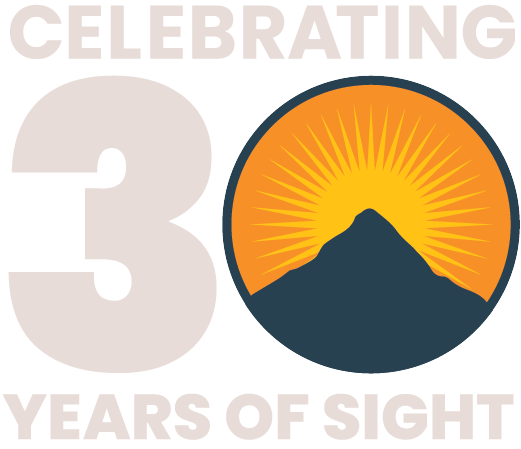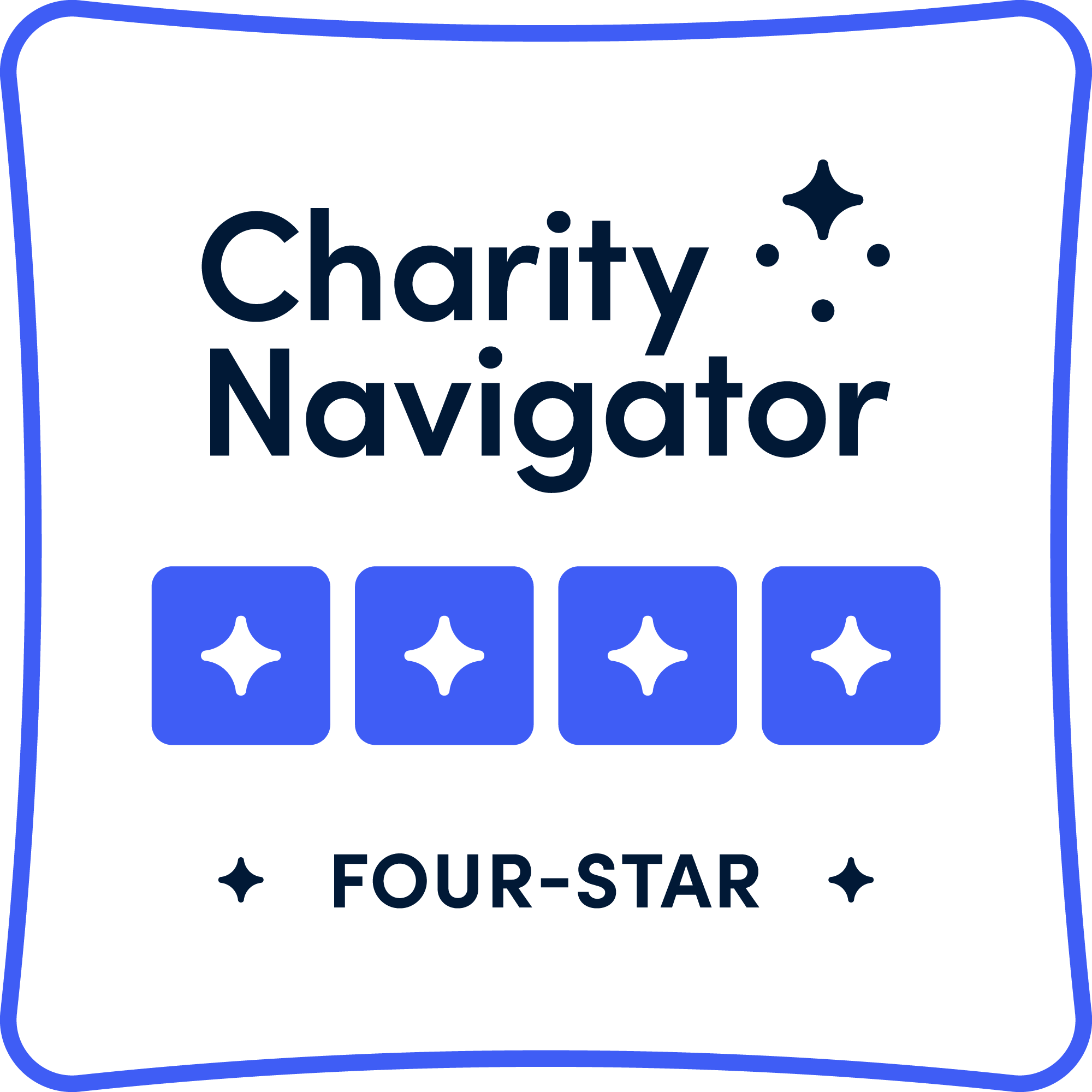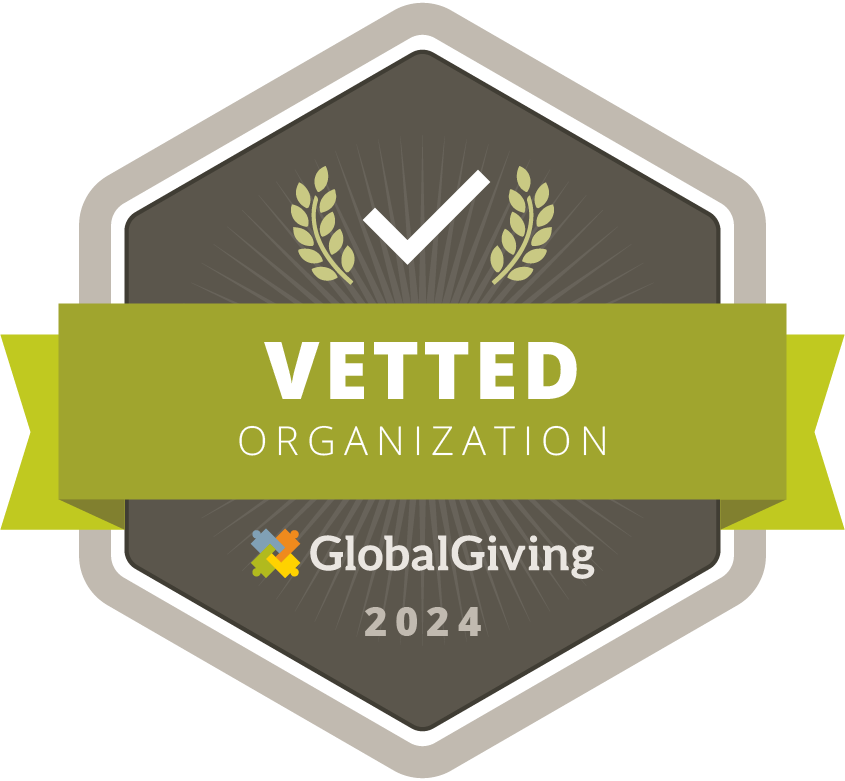Gender Equality Training Allows for More Inclusive Eye Care
Recent training at Tilganga Institute of Ophthalmology (TIO) in Nepal was designed to enhance patient accessibility and promote gender equality in regards to both access to care and workplace equality.
Recent training at Tilganga Institute of Ophthalmology (TIO) in Nepal was designed to enhance patient accessibility and promote gender equality in regards to both access to care and workplace equality.
The first four sessions were facilitated by Puja Koirala, a humanitarian professional with more than 15 years of experience with the Red Cross. The final session was facilitated by Karuna Parajuli, a lawyer who works with the International Commission of Jurists.
“This training allowed for open dialogue on best ways to identify and address differences and inequalities in a healthcare environment,” explains Punam Bhandari, HCP Cureblindness Country Director for Nepal and Bhutan. “By raising awareness, we’re able to shift existing attitudes and adopt new behaviors.”
In total, more than 200 TIO employees including doctors, front desk staff, paramedics, clinical staff, management and support staff participated in the training.

Awareness
Creating awareness is the first step in helping staff to identify inequalities. In the field of eye care, we know that blindness tends to affect women more than men given their overall lack of access to vision care. Children are also disproportionately affected, losing out on crucial learning in their formative years. Knowing this helps us to better advocate for underserved populations.
Knowledge & Skills
Increased knowledge and skills allow workplaces to strengthen the ability to recruit, hire, promote and retain women in the workforce. Gender equality strengthens the institutional framework within which patient care and professional training occur. Specific implementing actions include developing new policies and procedures to ensure equality amongst staff regardless of their sex. Staff are then socialized to the practice and trained on the new guidelines.
Attitude Shift
Koirala believes “we don’t need to fight against men to reach equality” but instead urges realizing and creating “an environment of mutual harmony between two essential and existential qualities of masculine and feminine.”
By understanding and addressing the existence of inequality, we’re better able to find solutions.

Impact
The United Nations prioritized gender equality making it #5 on its list of seventeen sustainable development goals (SDG) to reach by 2030. The latest SDG progress report shows the world is not on track to achieve this.
Halfway to 2030, progress on SDG 5 Gender Equality is off track with only two Goal 5 indicators being “close to target” and no SDG 5 indicator at the “target met or almost met” level. Data tells us that globally, women are currently 118 years away from closing the gender gap.
Training such as the one recently hosted in Nepal is a start. Additional training supported by HCP Cureblindness are scheduled for Ghana and Ethiopia. This collective effort is expected to drive institutional and social changes towards greater equity and inclusion.
“These trainings will advance outcomes consistent with gender equality and female empowerment,” explains Pamela Clapp, Associate Vice President, Strategic Initiatives for HCP Cureblindness. “Support of these initiatives will better the lives of female healthcare workers and patients as well as improve working conditions for women.”
“It’s not just about awareness,” adds Bhandari. “It’s about fostering an environment where every patient and eye health service provider feels valued and respected. This training is a pivotal step towards achieving true inclusivity and excellence in healthcare services.”
HCP Cureblindness is a recipient of USAID American Schools and Hospitals (ASHA) grants for partner institutions in Nepal, Ghana and Ethiopia. This funding requires high-quality training and materials to further their mission of eliminating gender inequality in healthcare and the workplace.





